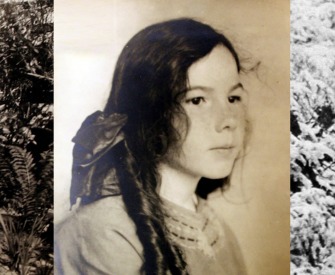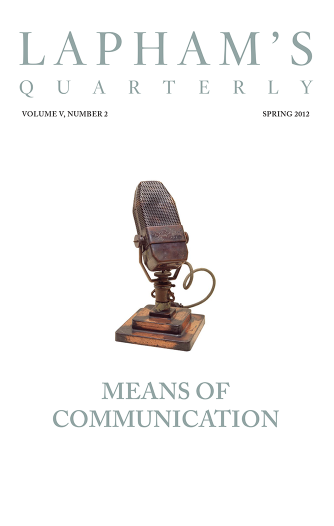One has to spend so many years in learning how to be happy. I am just beginning to make some progress in the science, and I hope to disprove Edward Young’s theory that “as soon as we have found the key of life, it opes the gates of death.”
Every year strips us of at least one vain expectation and teaches us to reckon some solid good in its stead. I never will believe that our youngest days are our happiest. What a miserable augury for the progress of the race and the destination of the individual, if the more matured and enlightened state is the less happy one! Childhood is only the beautiful and happy time in contemplation and retrospect: to the child it is full of deep sorrows, the meaning of which is unknown. Witness colic and whooping cough and dread of ghosts, to say nothing of hell and Satan, and an offended deity in the sky, who was angry when I wanted too much plum cake. Then the sorrows of older persons, which children see but cannot understand, are worse than all. All this to prove that we are happier than when we were seven years old, and that we shall be happier when we are forty than we are now, which I call a comfortable doctrine, and one worth trying to believe!
From a letter to Sara Sophia Hennell. The author came to these conclusions while in her early twenties, sharing them with a friend whose acquaintance she had made in Foleshill, where she mixed with Harriet Martineau and Herbert Spencer. Mary Ann Evans first used the pseudonym George Eliot when publishing a section of Scenes of Clerical Life in 1857. The inspiration for her “first story” came as her “thoughts merged themselves into a dreamy doze,” an incident she fictionalized in her novel The Mill on the Floss, published in 1860.
Back to Issue



